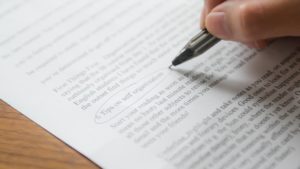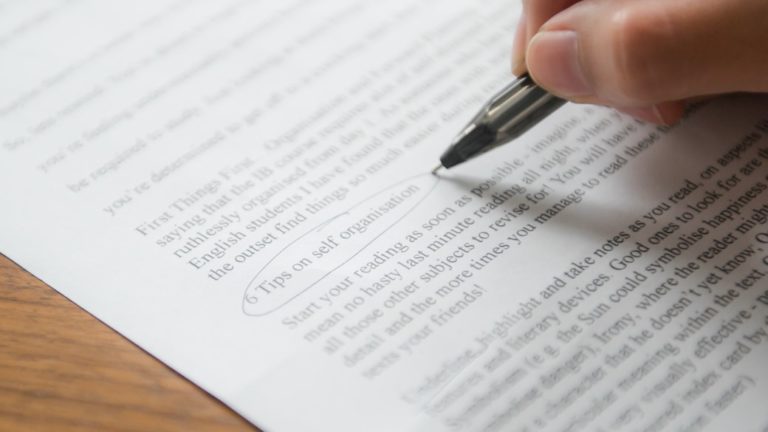Picture this: It’s 3 a.m. in the morning and you’re in the nodding phase. Around you lie sheaves of papers stained with coffee rings and the words of Chinua Achebe’s Things Fall Apart are starting to blur into a meaning-less haze as you ponder on the irony of its title, while dribbling in a half-doze - before jerking upright, looking about wildly and slapping yourself awake once again…
Or maybe there’s a better way to be the night before your IB English Exam…
So, lets rewind. You’re about to begin the IB English Literature Course and you’re feeling understandably anxious because of all those hefty texts you’ll be required to study. Just looking at them brings you out in a cold sweat. But you’re determined to get off to a cracking start, that you will maintain all year.
First Things First…Organisation and Forward Planning:
It goes without saying that the IB course requires alot of self-directed learning. It helps to be ruthlessly organised from day 1. As someone who has tutored many IB English students I have found that the ones with well organised notes from the outset find things so much easier during revision time!
6 Tips on self organisation
1.) Start your reading as soon as possible
Imagine, a few pages a day will mean no hasty last minute reading all night, when you’re exhausted and have all those other subjects to revise for! You will have to know three texts in good detail and the more times you manage to read these the better. Make these texts your friends!
2.) Underline, highlight and take notes as you read…
…on aspects like stylistic features and literary devices. Good ones to look for are the following: Symbolism (e.g. the Sun could symbolise happiness or power, red might symbolise danger); Irony, where the reader might understand something about a character that he doesn’t yet know; Or Motif, a recurring aspect that has a particular meaning within the text. Colour coding your highlights is even better, and very visually effective – perhaps you could match these up with similarly coloured index card by theme (such visual cues really do help you access information faster).
3.) Have a mini-checklist by your side as you read…
…so you can look out for aspects like narrative voice, tone, audience, context. What is the voice of the writer – is it angry, regretful, judging of the characters, or un-obtrusive? Is the general tone sad, exaggerated, ironic, witty? Who is the book intended for, disaffected teenagers or older adults? And what about the socio-historical context in which it was written and received – how does this shape the meaning? A rough idea of what was going on during that time period would be very helpful. Is it the Victorian or Regency period, and who was ion power, what were the main political events in the background, what movements were happening in society. All this is crucial to a real understanding of the text.
4.) Essential questions for novels
Who is writing? Who are they writing for? When are they writing, and how does this influence what they say, and how they say it? What is the genre? This follows on from above, but it is a really good starting point in reading to have your key “W”’s in your mind as you read. The answers to these questions should be very clear to you within the first chapter or so!
5.) Quotes
Learn relevant quotes or even just note them down. Do this now, and you’ll be laughing later; meanwhile all around you, your fellow students will be frantically leafing through their texts looking for quotes, while you can rattle them off with ease.* Make sure you include quotes from all the relevant key characters, and your quotes are quite variable, expressing different aspects of the characters, or plot.
6.) Grouping information
Classify your quotes (and other notes) according to theme. This will naturally tailor your notes for exam questions, especially paper 2. For example, in Pride and Prejudice quotes could be grouped according to themes like love, marriage, social class, reputation and appearances, etc. However you would also make sure you had key quotes from Darcy, Elizabeth, Wickham, Lydia, etc. The more important the character, the more quotes!
* The way your brain works is that the earlier on you start learning something the more time your brain has to get familiar with it, so it then just becomes habitual. Timing is everything!









Start the discussion!